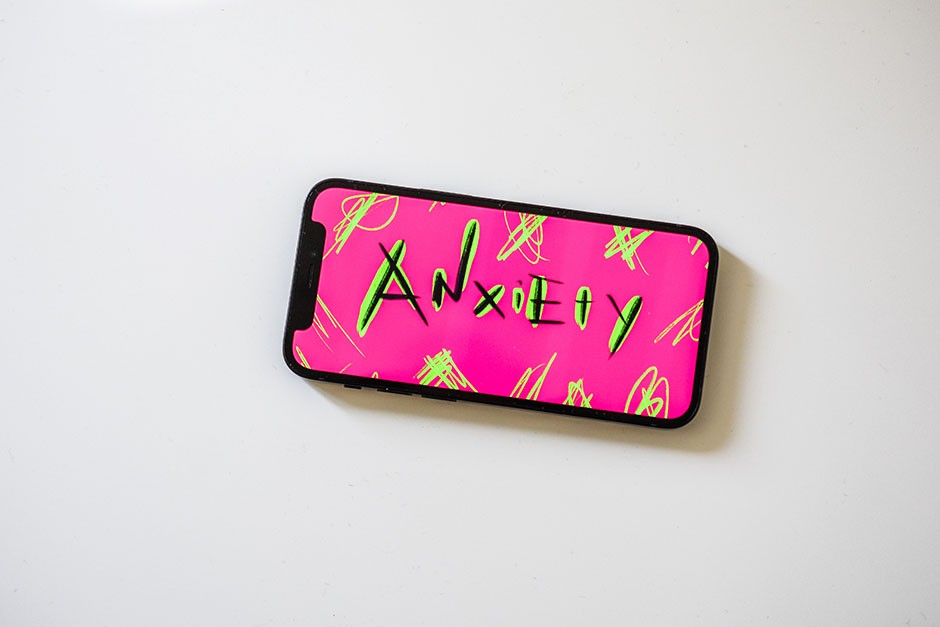Mental distress has increased with the rise of social networks
There may be some correlations between the advent of social media and an increase in mental health problems, but it doesn’t mean that the two are related. Over the last decade we have registered an increase in registered mental health problems. This is due less to an actual increase in mental health issues, and more with the fact that it has become more socially acceptable to talk about them.
One of the reasons why people are more openly talking about their struggles with mental illness is actually thanks to the accessibility of these conversations on social media. Platforms like Facebook, Instagram, and more recently, TikTok, are spaces where people are forging communities with whom they can talk about their mental health struggles, seek advice, and find the proper care services.
The fact that people are turning to social networks to talk about mental illness sheds light on the pressing need for more accessible mental health resources and social changes in general. If anything, putting the blame on social media rather than public infrastructures diverts the conversation from much needed policy changes.
Girls and young women are more susceptible of being negatively affected by social networks
Girls and young women are often the first to be targeted in stories about the negative effects of social media. These conversations come from preconceived notions about young women and their moral judgment. Historically, young women are seen as lacking agency and clear judgement, and their media practices have been framed as superficial and unimportant. These deeply ingrained ideas continue to inform how we perceive young women’s use of social media, overlooking their agency in carefully choosing who and what they follow online, as well as their knowledge of digital technology. To frame young women as susceptible of being negatively affected by social networks ignores their important contribution to social issues such as gender equality and mental health advocacy through social media, and the space that these practices hold in their identity formation.
Pinning young women’s mental health problems on their use of social networks encourages the idea that mental illness is an individual problem rather than a social one. Instead of addressing the multiple systemic limits that young women face based on gender, race, class, and disability, this discourse puts the responsibility of mental health on the shoulders of young women themselves, as if changing their online behaviors would cure all their problems.


 Credit: Hello I’m Nik
Credit: Hello I’m Nik
 Credit: Christopher Ott
Credit: Christopher Ott
 Credit: Shingi Rice
Credit: Shingi Rice
